Dear readers, With the launch of e-newsletter CUHK in Focus, CUHKUPDates has retired and this site will no longer be updated. To stay abreast of the University’s latest news, please go to https://focus.cuhk.edu.hk. Thank you.
Samuel Wong in Six Objects
The Director of School of Public Health and Primary Care picks six things that shape his inner and outer world
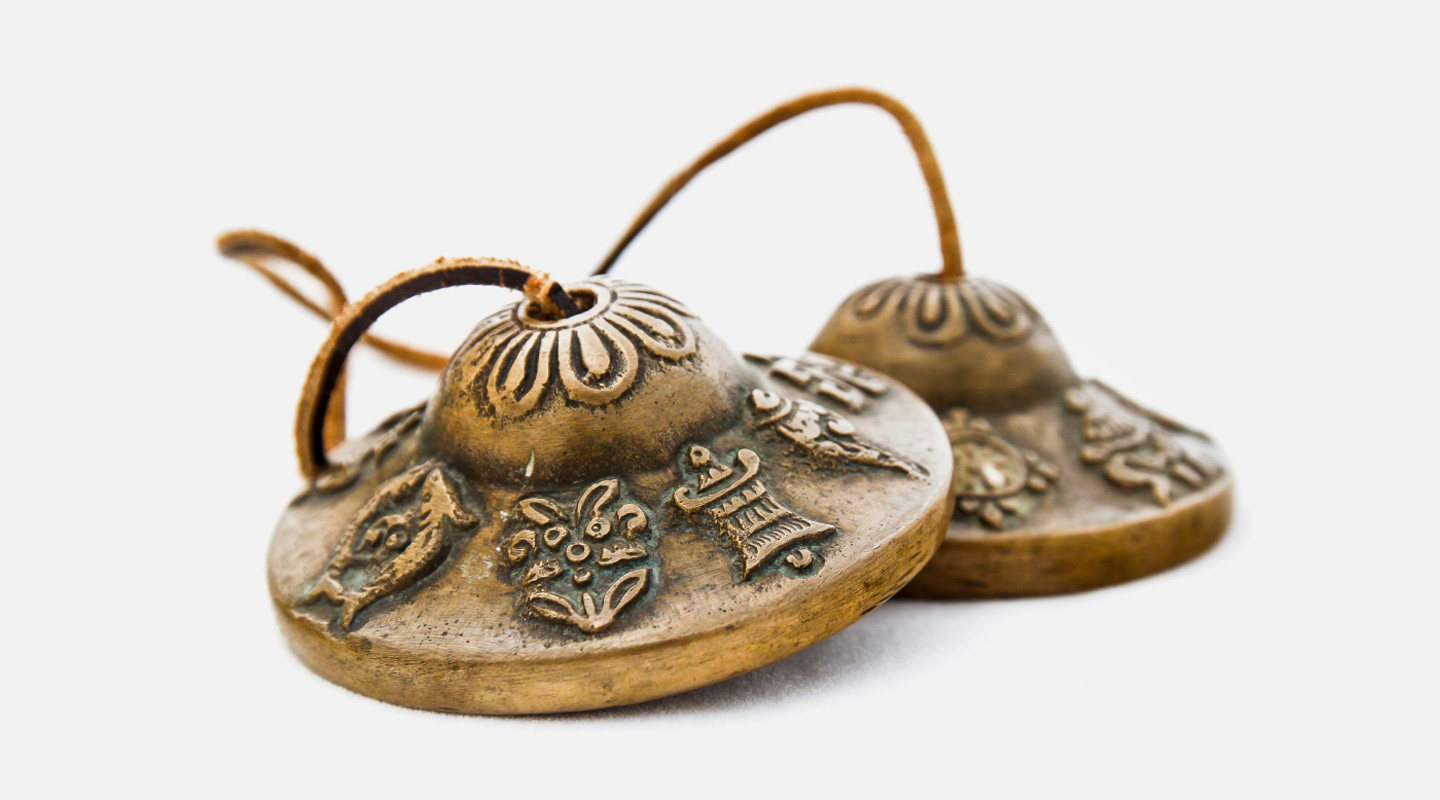
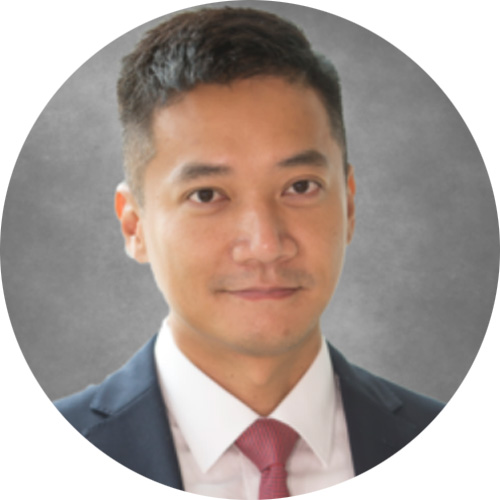 I meditate to the sound of Tingsha bells every day
I meditate to the sound of Tingsha bells every day
My father is a Buddhist and he taught me how to meditate when I was six. But I never practised on my own. It was not until many years later that I began to take an interest. I realized meditation can help me declutter my mind and pull me out of my many cravings and aversions. I meditate in my lunch break, before seeing my patients, or before bed, about 20 minutes at a time. I just sit comfortably in my chair, instead of cross-legged on the floor.
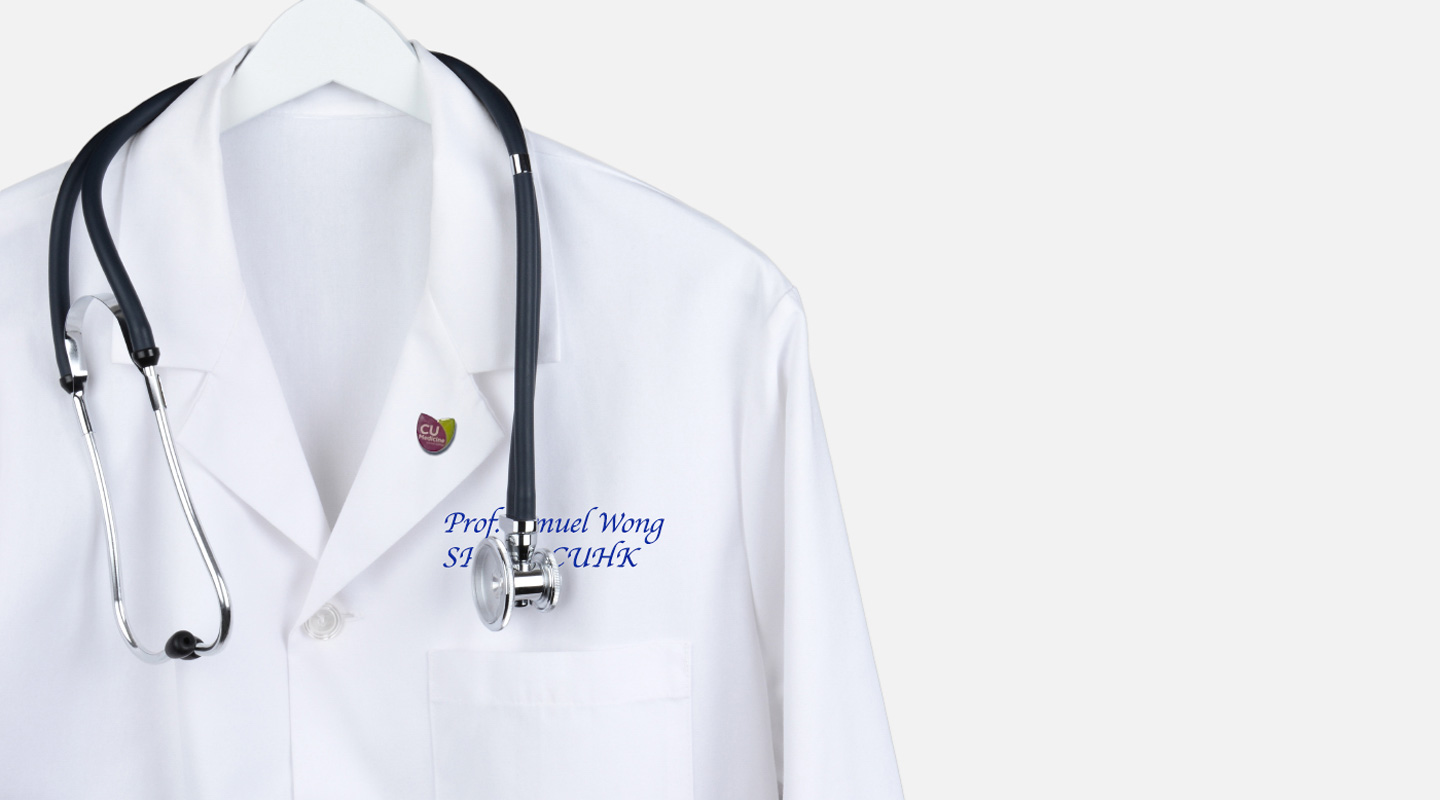
I put on this white coat twice a week to see my patients
I specialize in family medicine and public health. I became a doctor out of my love for biology and psychology. When I was a child I was fascinated by Charles Darwin’s theory of evolution and dreamed of following in his path of discovery in the Galapagos Islands. I am also immensely curious about why people behave the way they do. So I combined my interests into a medical career that allows me to explore the wonders of life as well as observe my patient’s behaviour.
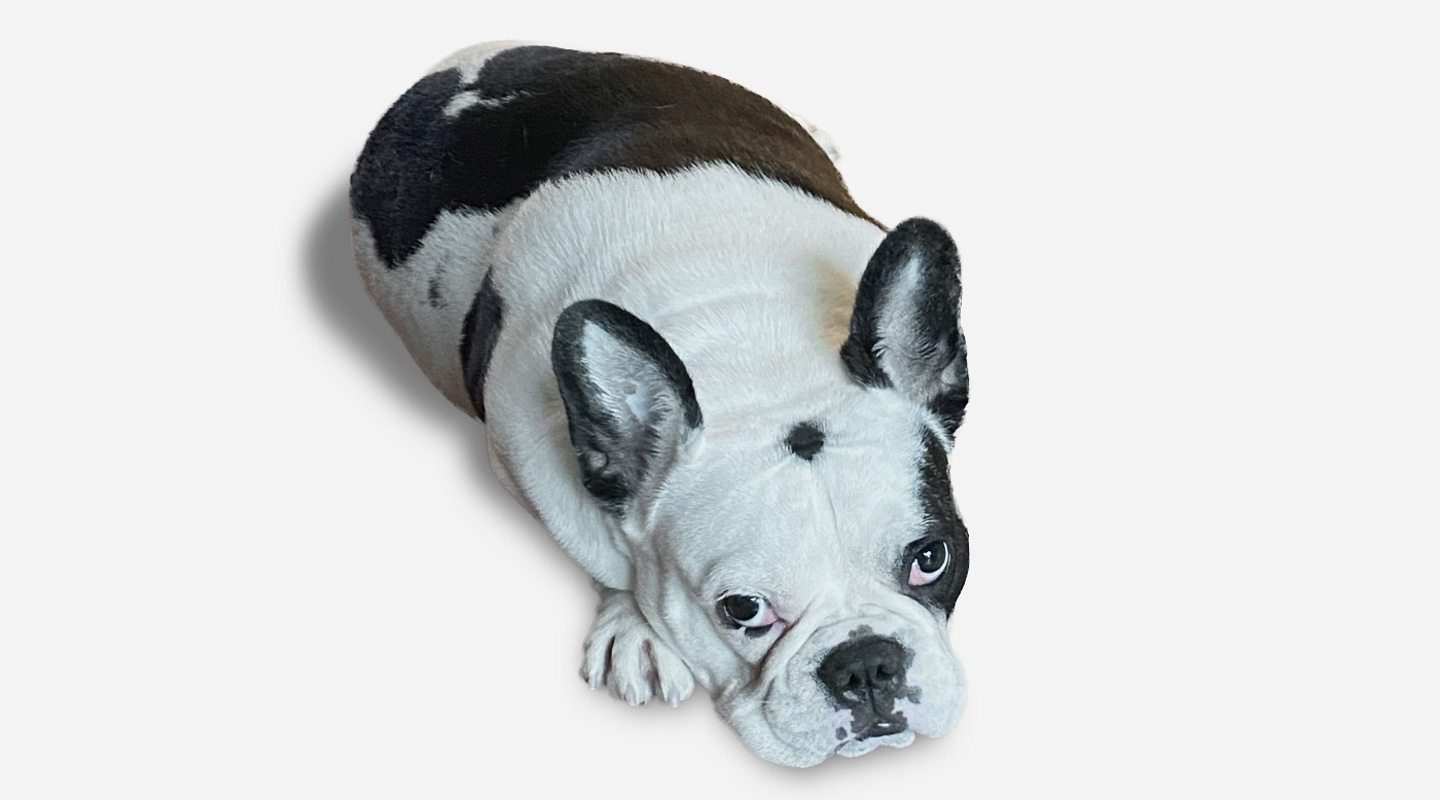
The French bulldog is one of my thirty-odd pets at home
I am keeping dogs, cats, tortoises, geckos, salamanders, parrots, tropical fish, crabs and shrimps at the same time. My home is basically a zoo. I frequently feel a strong need to go back to nature in order not to lose my grip on the entire reality. When I lived in the sparsely populated Nova Scotia in Eastern Canada, I would go camping or kayaking on weekends to immerse myself in the wild. Now, when I can’t sleep at night, I use my phone as a flashlight to observe my nocturnal pets as if I were in the wild.
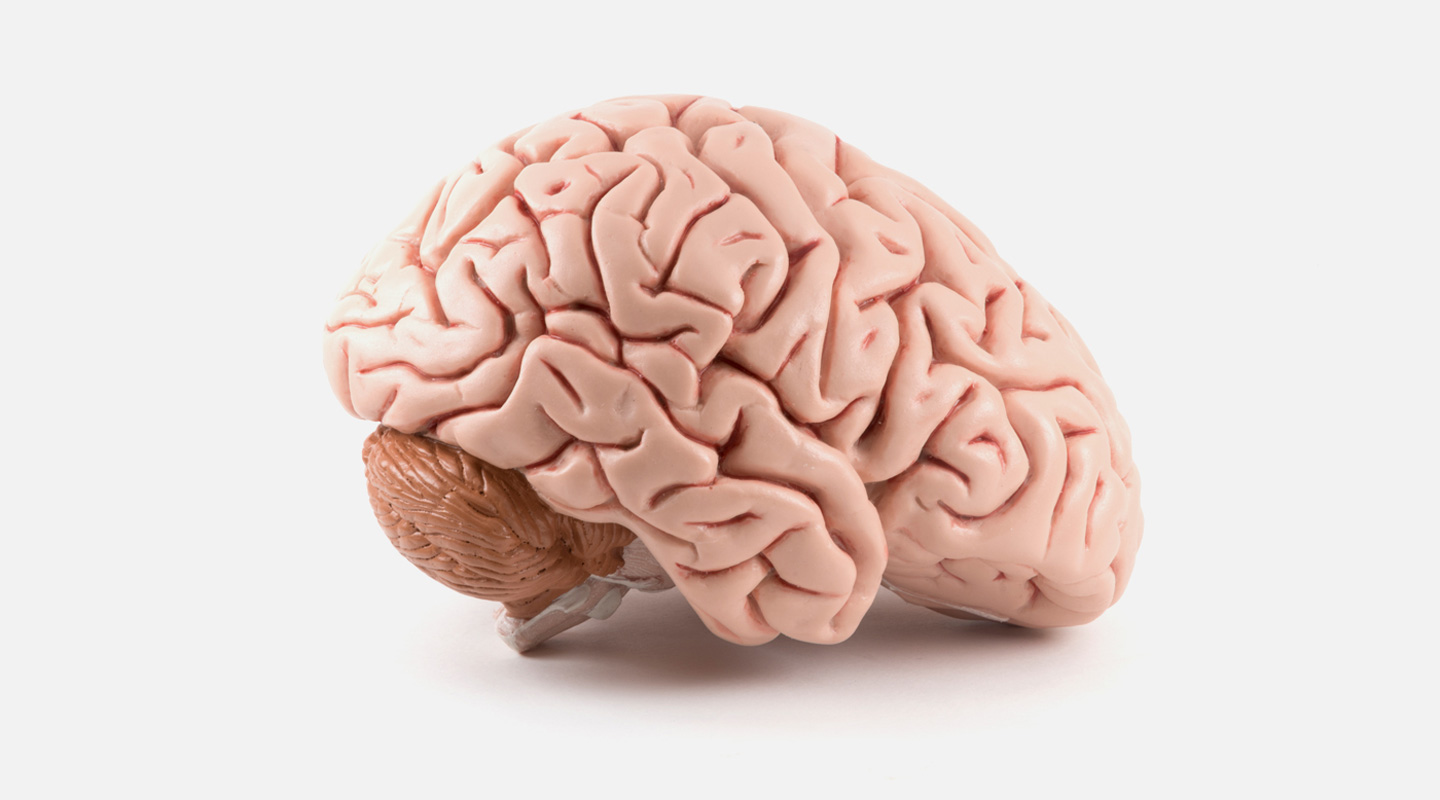
The human brain model symbolizes my research in mental health
I have been working on different studies on mindfulness since 2006. We measure its effects on chronic pain, anxiety, ADHD, chronic stress and insomnia. It is shown that mindfulness practice improves patients’ psychological condition and alleviates suffering. Our future projects will investigate whether mindfulness can help cancer patients, addicts, and older people who often feel lonely. In 2018 the University set up the CUHK Thomas Jing Centre for Mindfulness Research and Training and I am its director. With the onset of the pandemic, the Centre is now offering free online classes for the public to practise mindfulness.
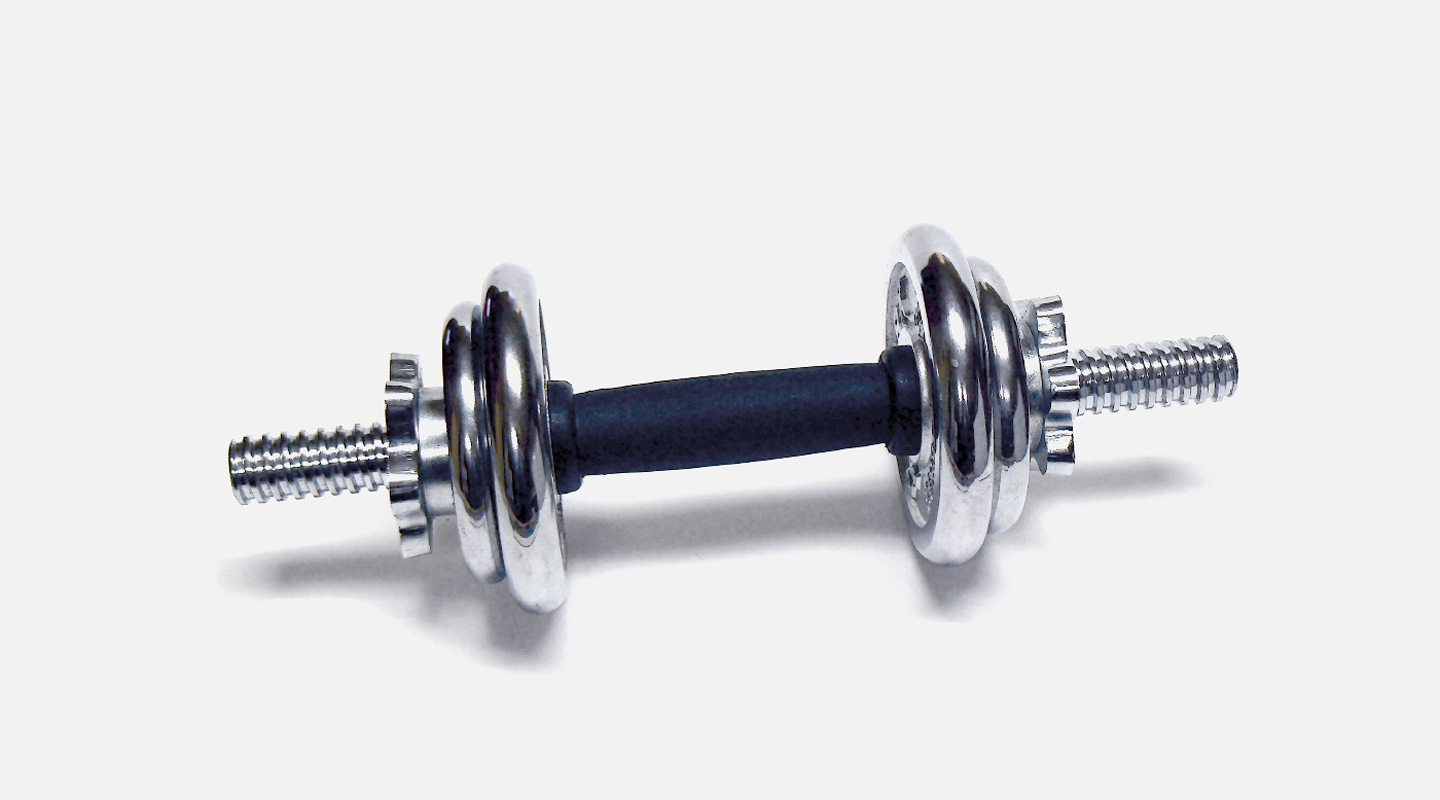
The dumbbell represents my passion for exercise
There’s a clear link between lack of exercise and depressive symptoms, and people who are more physically active are less likely to feel moody or irritated. I tried my best to work out two to three times a week. I used to go to fitness centre for strength training and high intensity interval training. Due to COVID-19 I have to exercise at home with YouTube videos. I am also considering bringing in a yoga matt to my office, so that I won’t have any excuses not to stretch myself every now and then.
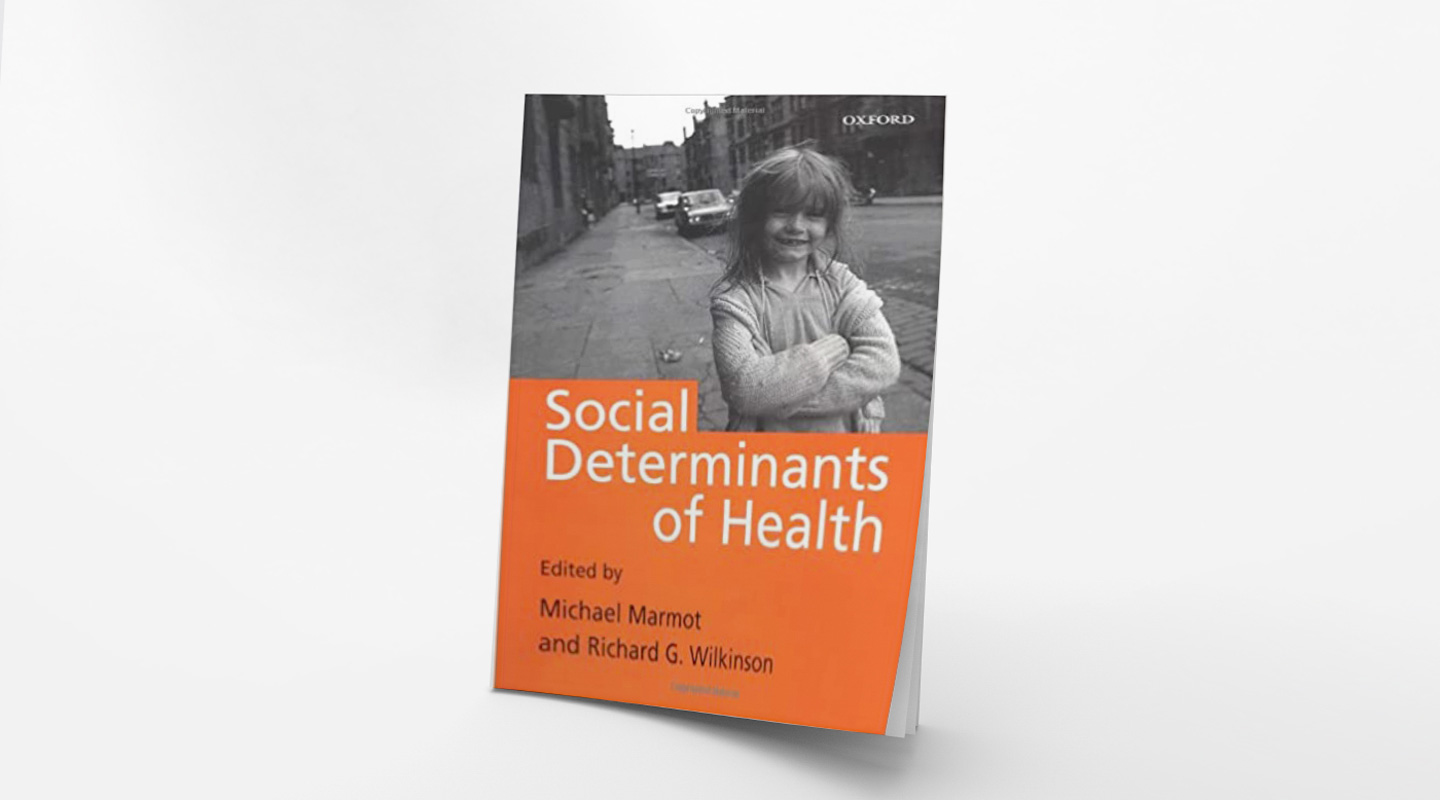
This is one of the books I use to teach public health in the Faculty of Medicine
I enjoy teaching a lot. When I started my teaching career in my 20s I considered teaching as a one-way transmission of knowledge from teacher to learner. But now when I see my students I feel like they are my daughters and sons. On top of providing them with knowledge I want to foster a personal relationship with them and witness their growth, keep in touch with them and remain updated on how they are doing after graduation. I think it’s a sign that I am getting old.
As told to christinenip@cuhkcontents